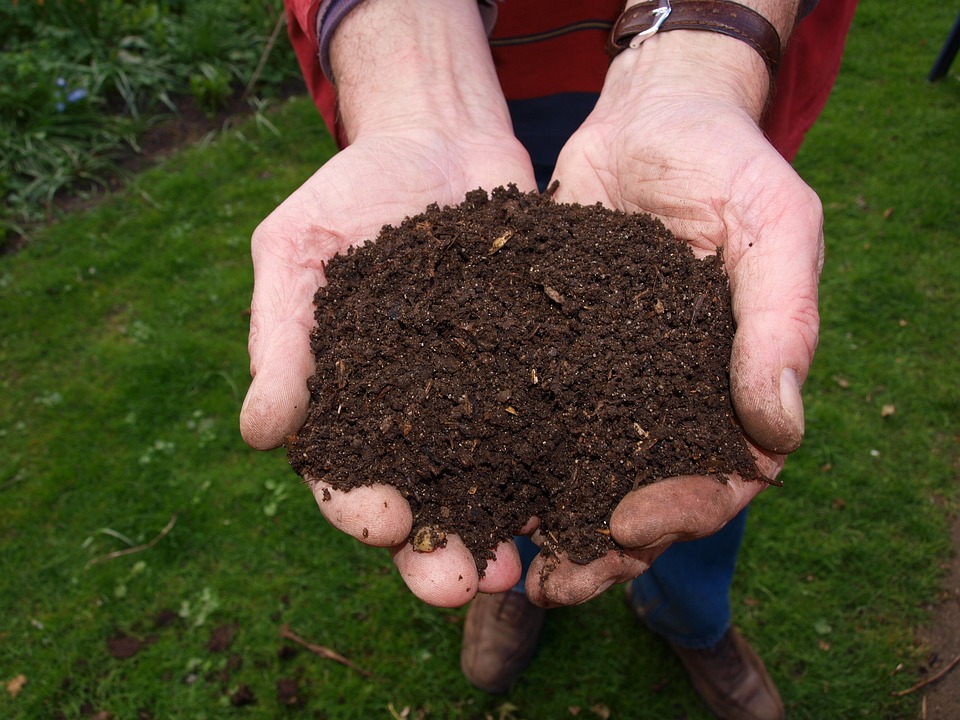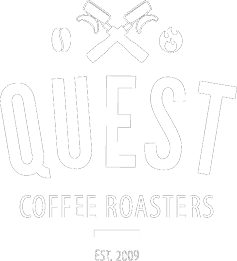At Quest we use compostable cups, cutlery, serviettes, straws, cake bags, Quest coffee pods, and tea bags at Quest. Why? To reduce waste, because worms can turn such waste into usable soil. But not all packaging and single use items can be home composted, some are only commercially compostable (Like our bio cups which are thanks to BioPak). We have a compost bin setup at Quest Burleigh Cafe for customers to drop off used cups and lids. With all of our products, we must consider whether there are compostable or recyclable packaging options available to ensure we uphold our environmental principles for a sustainable business.
Should I choose compostable or recyclable packaging?
There are many considerations when picking compostable or recyclable packaging for your products or business.
Compostable Packaging
For compostable packaging, what is the likelihood the item will be composted?
Home compostable material doesn’t need a special compost environment beyond what can be achieved in a home compost setup, and therefore, as long as people who purchase such products have home compost facilities, such materials will be composted.
How do I increase the likelihood of an item being composted?
- Clear labeling
- Instructions
- Offer a compost bin at your business
- Inform customers of other compost locations in the area
- Biodegradable does not necessarily mean compostable. Some materials are advertised as biodegradable to mean that they will breakdown in the environment, but not into organic matter. For example, some plastics that breakdown into microplastics are advertised as biodegradable, but these are arguable worse for the environment as the microplastics end up in the food chain.

How does composting work?
If you are unsure how composting works, this great video by A V on YouTube shows worms breaking down leaves, cardboard, and paper over 100 days. You can see how different types of carbon matter can be broken down into soil, and how even though worms have a preference for fresh leaves, they will still breakdown paper and cardboard over time. And plants love worm poo!
Recyclable Packaging
For recyclable packaging, what is the likelihood the item will be recycled?
Not all recyclable materials can be recycled by your local council or recycling collection area. Some recyclable materials may have non-recyclable components attached that must be removed before being placed into a recycling bin. For example, recyclable coffee bean bags have degas valves made of plastic that are not recyclable, and these must be removed before the coffee bean bag is placed into recycling.
How do I increase the likelihood of an item being recycled?
- Clear labeling
- Instructions – there are many dos and donts for recycling. Customers need to be educated on how to prepare materials for recycling (for example, materials must be clean, dry, and empty), and such information can be provided on your products. ABC Australia created a great post about this: The eight most common mistakes householders make with recycling.
- Offer a recycling bin at your business
- Choose materials that are easier to recycle for your recycling waste collection facilities

What else can I do?
- Information outreach to your customers about the importance of composting and recycling.
- Promote sustainable environment practices through your social media.
- Lobby your local councils and regulators to put environmental issues on the top of the agenda.
What materials should I preference?
At Quest we preference the following materials in order:
- Compostable + Recyclable – like Falsum Instant Brew boxes.
- Home Compostable – like cutlery, serviettes, and tea bags used at Quest Burleigh Cafe.
- Recyclable – like cow milk bottles, cans, glass bottles, and alternative milk cartons.
- Commercially Compostable – like Quest Coffee Caps and takeaway coffee cups at Quest Burleigh Cafe.
- Made from recycled material – like Quest Coffee Bean Bags. We are phasing these out for Recyclable bags.
- Reusable Landfill – like grocery bags, and Quest Coffee Bean Bags – we offer discounts for BYO bags for bean purchases. Reuse as much as possible before throwing out.
- Single Use Landfill – avoid where possible. Many plastic packaging on products are single use landfill. Even those advertised as recyclable cannot be recycled because they don’t meet the requirements of most recycling facilities. Be careful!
What are some providers of environmentally friendly packaging?
At Quest, we also care about where our money goes to, and screen our suppliers to ensure our money isn’t going to countries and businesses with unethical practices, or a history of human rights abuses. The following business have been identified by Quest as being ethical, and manufacturing (or sourcing) environmentally friendly packaging from democratic countries that are progressive in upholding human rights.
- BioPak – www.biopak.com.au
- Castaway Food Packaging – www.castawayfoodpackaging.com.au
- EconicPack – www.econicpack.com
- Luminar – luminar.com.au
- Oji Food Services – www.ojifsfoodservice.com.au
- The Packaging People – thepackagingpeople.com.au
- Zammit Promotional Products – www.zammitpromotionalproducts.com.au
Missing a name in the above list?
If you represent a packaging business that upholds sustainable business ethics and provide environmentally friendly packaging, please reach out via our contact information.
A mission to help the planet
Our mission at Quest is to build a socially and environmentally sustainable food and drink destination, and work with our wholesale business partners through Quest Coffee Wholesale to help the planet together. We are always looking for ideas for ways we can be greener, and welcome any feedback or products that will help us achieve this goal 🌎❤️
